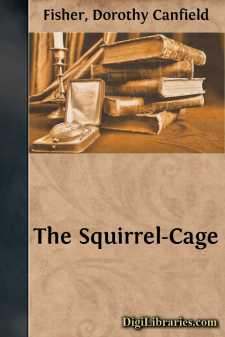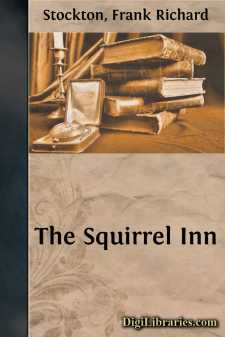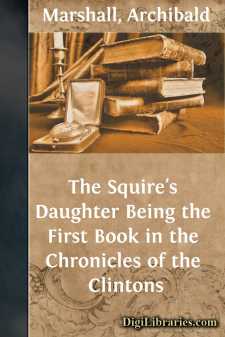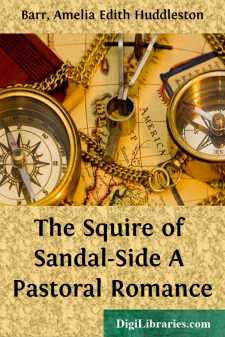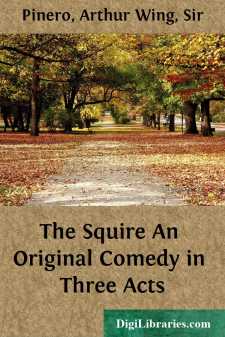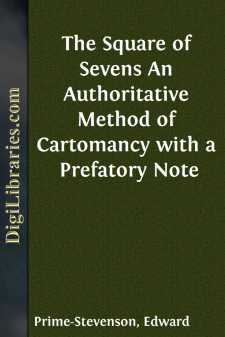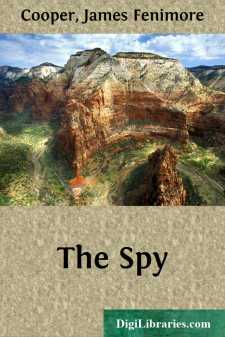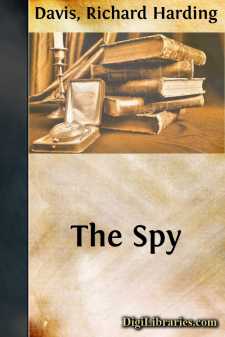Categories
- Antiques & Collectibles 13
- Architecture 36
- Art 48
- Bibles 22
- Biography & Autobiography 813
- Body, Mind & Spirit 142
- Business & Economics 28
- Children's Books 17
- Children's Fiction 14
- Computers 4
- Cooking 94
- Crafts & Hobbies 4
- Drama 346
- Education 46
- Family & Relationships 57
- Fiction 11829
- Games 19
- Gardening 17
- Health & Fitness 34
- History 1377
- House & Home 1
- Humor 147
- Juvenile Fiction 1873
- Juvenile Nonfiction 202
- Language Arts & Disciplines 88
- Law 16
- Literary Collections 686
- Literary Criticism 179
- Mathematics 13
- Medical 41
- Music 40
- Nature 179
- Non-Classifiable 1768
- Performing Arts 7
- Periodicals 1453
- Philosophy 64
- Photography 2
- Poetry 896
- Political Science 203
- Psychology 42
- Reference 154
- Religion 513
- Science 126
- Self-Help 84
- Social Science 81
- Sports & Recreation 34
- Study Aids 3
- Technology & Engineering 59
- Transportation 23
- Travel 463
- True Crime 29
Sort by:
CHAPTER I AN AMERICAN FAMILY The house of the Emery family was a singularly good example of the capacity of wood and plaster and brick to acquire personality. It was the physical symbol of its owners’ position in life; it was the history of their career, written down for all to see, and as such they felt in it the most justifiable pride. When Mr. and Mrs. Emery, directly after their wedding in a...
more...
THE STEAMBOAT PIER The steamboat Manasquan was advertised to leave her pier on the east side of the city at half-past nine on a July morning. At nine o'clock Walter Lodloe was on the forward upper deck, watching the early passengers come on board, and occasionally smiling as his glance fell upon a tall man in a blue flannel shirt, who, with a number of other deck-hands, was hard at work...
more...
A COURT BALL "I recollect the time," said the Squire, "when two women going to a ball were a big enough load for any carriage. You may say what you like about crinolines, but I've seen some very pretty women in them in my time." There were three people in the carriage passing slowly up the Mall in the string, with little jerks and progressions. They were the Squire himself, Mrs....
more...
CHAPTER I. SEAT-SANDAL. "This happy breed of men, this little world." "To knowThat which before us lies in daily lifeIs the prime wisdom." "All that are lovers of virtue ... be quiet, and go a-angling." There is a mountain called Seat-Sandal, between the Dunmail Raise and Grisedale Pass; and those who have stood upon its summit know that Grasmere vale and lake lie at their feet,...
more...
ACT I. — THE SECRET. Scene:—The exterior of a decayed, weatherbeaten, Elizabethan 'mansion, overgrown with ivy and autumn-tinted creeper. On the R., the lower part of a tower, square or circular. Facing the audience, about five feet from the ground, a door opening into the tower, the entrance proper to the house. This door leads out on to a stone terrace, which is run off the stage R., and...
more...
Editorial Preface "'Tis easy as lying."—Hamlet It is safe to presume that even the most inquisitive book-hunters of the present day, and few of the fellowship during two or three generations past, have encountered the scarce and curious little volume here presented, as in a friendly literary resurrection—Robert Antrobus's "The Square of Sevens, and the Parallelogram." Its...
more...
THE LANDING. If any one had been watching the bay that August night (which, fortunately for us, there was not), they would have seen up till an hour after midnight as lonely and peaceful a scene as if it had been some inlet in Greenland. The war might have been waging on another planet. The segment of a waning moon was just rising, but the sky was covered with clouds, except right overhead where a bevy...
more...
JAMES FENIMORE COOPER "I believe I could write a better story myself!" With these words, since become famous, James Fenimore Cooper laid aside the English novel which he was reading aloud to his wife. A few days later he submitted several pages of manuscript for her approval, and then settled down to the task of making good his boast. In November, 1820, he gave the public a novel in two...
more...
My going to Valencia was entirely an accident. But the more often I stated that fact, the more satisfied was everyone at the capital that I had come on some secret mission. Even the venerable politician who acted as our minister, the night of my arrival, after dinner, said confidentially, "Now, Mr. Crosby, between ourselves, what's the game?" "What's what game?" I asked....
more...
INTRODUCTION. James Fenimore Cooper was born in Burlington, N. J., in 1789—the year in which George Washington was inaugurated first President of the United States. His boyhood was passed at Cooperstown, N. Y., a village founded by his father. After completing his studies at Yale, young Cooper entered the American navy as midshipman, subsequently obtaining the rank of lieutenant. He also made some...
more...


